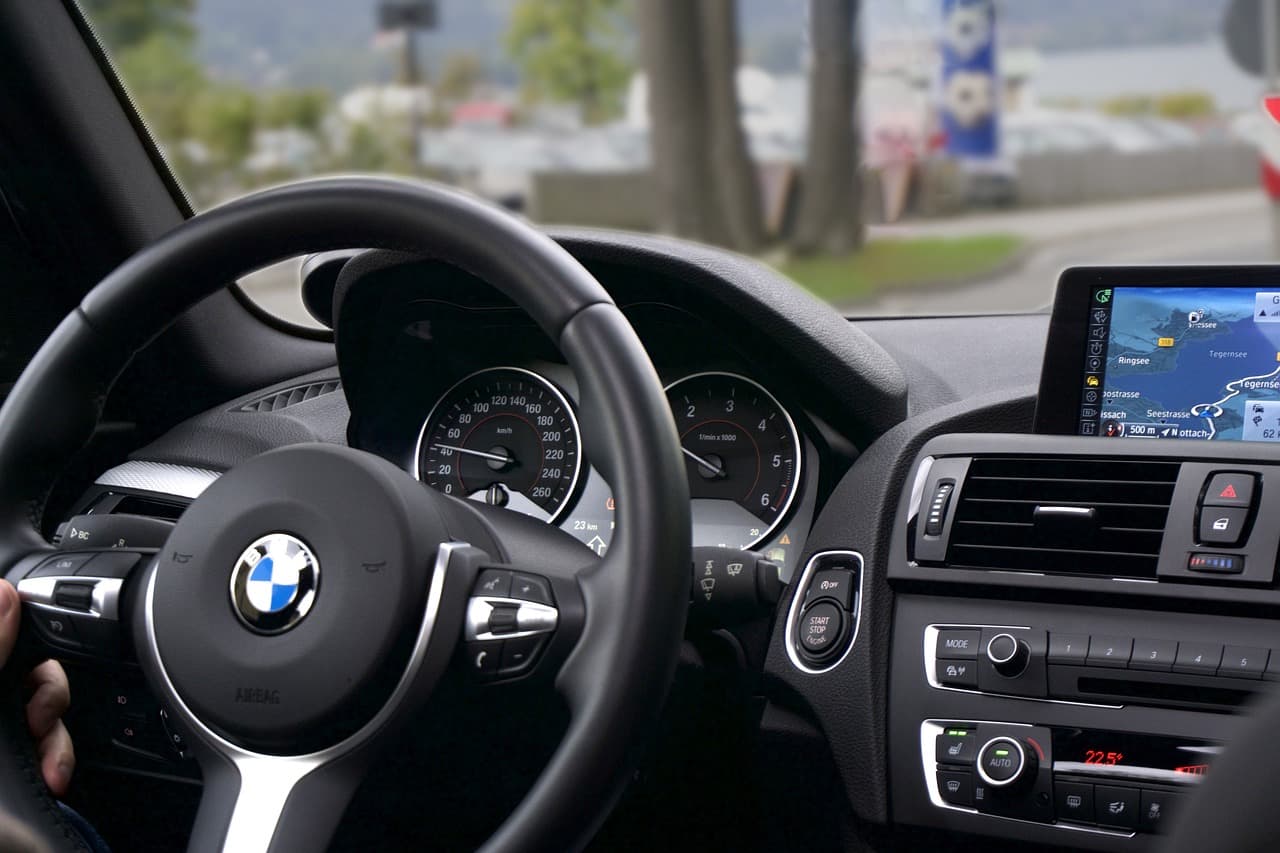In today’s ever-evolving technological terrain, the automotive industry finds itself at the crossroads of innovation and sustainability, where the confluence of cutting-edge advancements and eco-conscious practices is reshaping the landscape. With a mounting focus on electric vehicles (EVs), autonomous driving, and environmentally responsible methods, the imperative for nurturing proficient professionals within the Science, Technology, Engineering, and Mathematics (STEM) disciplines has never been more pressing. This article delves into the intricate interplay between STEM education and the automotive realm, accentuating the criticality of championing STEM education and fostering synergistic partnerships between educational institutions and automotive enterprises to propel innovation to new heights.
The Pivotal Role of STEM in Revolutionizing the Automotive Landscape
STEM disciplines constitute the bedrock of the automotive sphere. Engineers, scientists, and technicians immersed in these domains bear the mantle of spearheading groundbreaking technologies, refining vehicular performance, fortifying safety protocols, and championing environmental sustainability. As the industry undergoes a profound metamorphosis, embracing the realm of electric powertrains, interconnected vehicles, and autonomous navigation, the clamor for STEM-endowed professionals continues to surge.
Pioneering Electric Mobility: The paradigm shift towards electric vehicles is a prevailing motif within the automotive realm. STEM-educated engineers wield indispensable influence in crafting advanced battery architectures, honing energy efficiency, and erecting charging infrastructures. Absent a robust STEM underpinning, the industry’s transition towards electric mobility would find itself in dire straits.
Elevating Autonomous Driving: Autonomous vehicles rest heavily on the bedrock of artificial intelligence and robotics, both deeply rooted in STEM domains. The formulation of self-driving algorithms, sensor innovations, and safety mechanisms necessitates the acumen of individuals proficient in mathematics, computer science, and engineering.
Championing Sustainability: Sustainability ranks as a paramount objective for automotive entities. STEM professionals play an irreplaceable role in probing and implementing eco-conscious materials, refining manufacturing methodologies, and curtailing environmental footprints. The promotion of sustainability within the automotive sector hinges unequivocally upon the edifice of STEM education.
Cultivating Synergy Between Educational Institutions and Automotive Conglomerates
To nourish innovation and confront the industry’s evolving exigencies, fostering symbiotic relationships between educational institutions and automotive giants stands as an imperative. Herein lies how these collaborations can shape a transformative trajectory:
Tailored Pedagogy: Educational institutions can forge close alliances with automotive titans to tailor their curricular content in harmony with industry demands. This ensures that students are endowed with the requisite skills and knowledge to flourish in STEM careers within the automotive domain.
Internships and Apprenticeships: Collaborative programs can engender opportunities for internships and apprenticeships, furnishing students with experiential insights within automotive corporations. These encounters not only enhance their pragmatic proficiencies but also offer a glimpse into real-world challenges and prospects within the industry.

Conjoint Research Endeavors: Collaborative research projects between universities and automotive behemoths can propel technological breakthroughs. Educational institutions contribute research expertise, while companies provide resources, datasets, and real-world testing arenas. This confluence can precipitate revolutionary innovations.
Scholarships and Grants: Automotive conglomerates can contribute to STEM education by disbursing scholarships and grants to students pursuing relevant domains of study. Financial support can render STEM education more accessible and alluring to aspiring professionals.
Continuous Professional Augmentation: In STEM domains, perpetual learning holds the key. Automotive corporations can furnish avenues for professionals to enrich their skills through workshops, seminars, and industry-specific certifications, fostering a culture of lifelong learning.
Challenges and Prospects
According to tonneaucovershub.com, While the synergy between educational institutions and automotive enterprises harbors immense potential, it is not devoid of challenges:
Adaptability: Educational institutions must remain perpetually adaptable to synchronize their programs with the swiftly changing automotive panorama. Flexibility and responsiveness to industry dynamics are pivotal.
Resource Allocation: Crafting STEM programs and collaborative ventures necessitates investments in terms of time, human resources, and funding. Automotive companies and educational institutions must judiciously allocate resources.
Diversity and Inclusivity: Encouraging underrepresented groups to partake in STEM education and embark on careers within the automotive realm is of paramount importance. Collaborative endeavors should encompass initiatives geared towards promoting diversity and inclusion.
Regulatory Compliance: Automotive conglomerates operate within a rigorously regulated milieu. Educational institutions engaged in partnerships with these entities must adeptly navigate regulatory prerequisites.
In Conclusion
STEM education and the automotive sector are inexorably intertwined, with STEM luminaries steering innovation and advancement within the industry. The ongoing transition towards electric and autonomous vehicles, coupled with the industry’s unwavering commitment to sustainability, underscores the exigency of a well-prepared STEM workforce.
Collaboration between educational institutions and automotive giants emerges as the fulcrum for triumph in this pursuit. By tailoring curricula, facilitating hands-on exposure, embarking on joint research endeavors, extending financial backing, and nurturing professional growth, these synergistic partnerships empower prospective STEM trailblazers to flourish amidst the ever-evolving automotive panorama. Collectively, they are forging the path towards a future characterized by astute, environmentally-friendly, and more resource-efficient transportation solutions.
